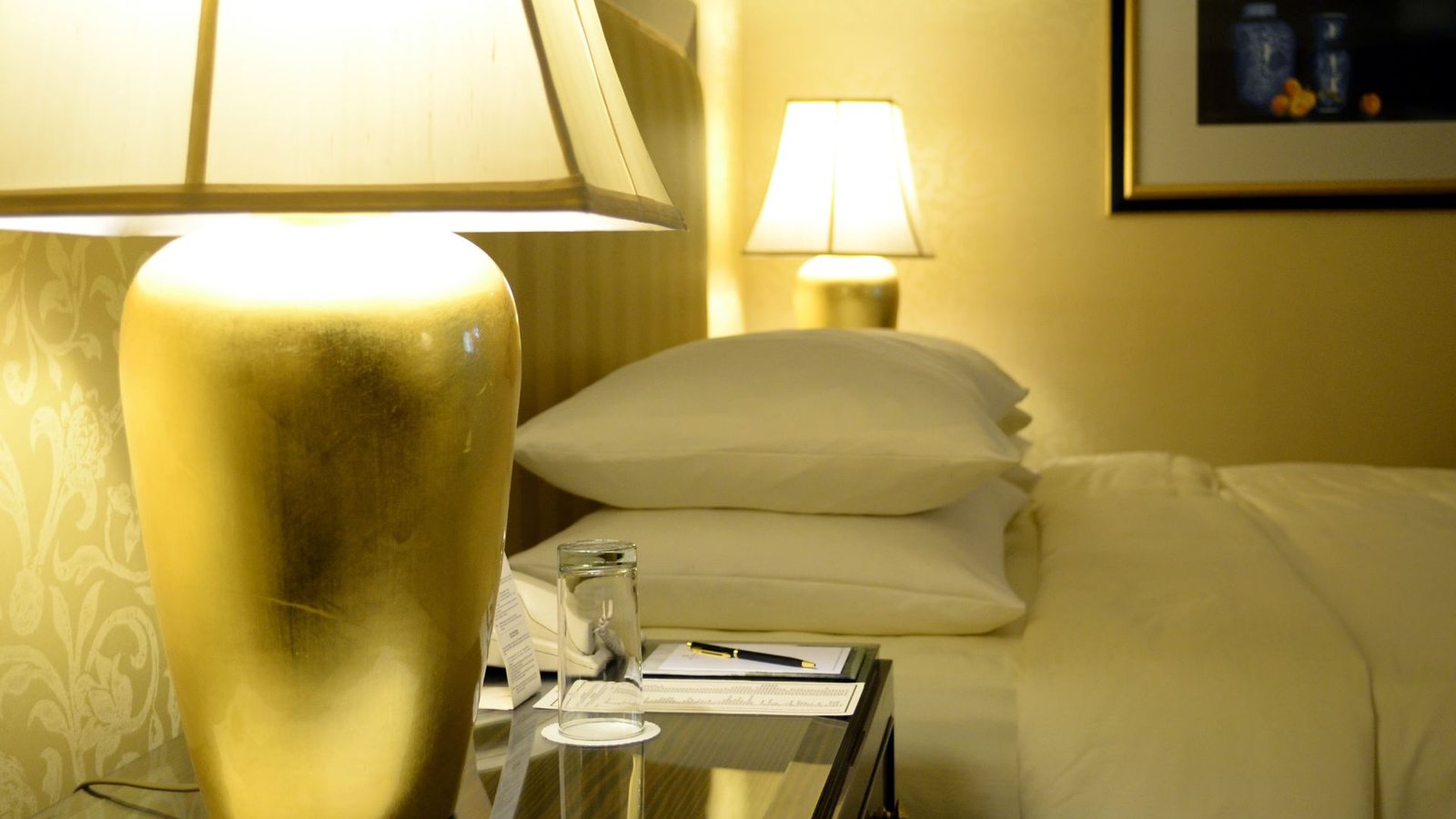When choosing accommodations for your travels, you often face the decision between staying in a boutique hotel or a chain hotel. Each type of lodging offers its own set of advantages. Understanding these benefits can help you decide which option best fits your preferences and travel needs. Here’s a detailed comparison of boutique hotels versus chain hotels.

Unique and Personalized Experiences
Boutique Hotels:
- Distinctive Charm: Boutique hotels are known for their unique character and design. Each property often reflects the local culture and history, offering a distinctive atmosphere.
- Personalized Service: With fewer rooms and a more intimate setting, boutique hotels can provide highly personalized service. Staff members often go the extra mile to cater to individual guest preferences and needs.
Focus Asia: Exploring Business Opportunities in Asia
Focus Asia provides insights and resources to help businesses expand and thrive in the Asian market. For more entertainment, visit casino australia.
Chain Hotels:
- Standardization: Chain hotels offer a consistent experience across locations. While this can ensure reliability, it often lacks the unique touch found in boutique properties.
- Predictable Service: Chain hotels follow standardized protocols, which can provide dependable service but may not be as personalized.
Local Flavor and Authenticity
Boutique Hotels:
- Local Integration: Many boutique hotels are locally owned and operated, allowing them to integrate local art, cuisine, and design elements into their services.
- Cultural Immersion: Staying in a boutique hotel can enhance your travel experience by immersing you in the local culture and providing recommendations for authentic local experiences.
Focus Asia and Online Entertainment
Focus Asia is your travel partner in South East Asia, offering exciting and unforgettable journeys. For a change of pace from exploring beautiful destinations, discover online entertainment options, such as wolfwinner online roulette. Stay updated on travel destinations and leisure activities.
Chain Hotels:
- Uniform Experience: Chain hotels offer a more standardized experience that might not reflect the local culture or environment.
- Less Local Flair: The focus on uniformity means chain hotels may not provide the same level of cultural immersion or unique local touches.
Design and Aesthetics
Boutique Hotels:
- Unique Design: Boutique hotels often feature distinctive interior designs, creative decor, and themed rooms that reflect the personality of the hotel.
- Attention to Detail: The design elements are carefully curated to create a memorable and aesthetically pleasing environment.
Chain Hotels:
- Standard Design: Chain hotels typically have a uniform design aesthetic that follows brand guidelines. This can be comforting but lacks the individuality of boutique hotels.
- Less Personalization: The design may prioritize function over form, focusing on brand consistency rather than unique style.
Location and Convenience
Boutique Hotels:
- Prime Locations: Boutique hotels are often located in vibrant neighborhoods or historic areas, offering convenient access to local attractions, dining, and shopping.
- Local Insights: Staff at boutique hotels are usually familiar with the surrounding area and can provide valuable local recommendations.
Chain Hotels:
- Standard Locations: Chain hotels are commonly situated in business districts or near major transport hubs, which can be convenient for travelers but might lack local charm.
- Predictable Amenities: Chain hotels provide consistent amenities, which can be beneficial for those seeking reliability in terms of location and services.
Customer Service and Attention
Boutique Hotels:
- High Touch: With fewer guests to manage, boutique hotels often offer more attentive and personalized customer service.
- Guest Recognition: Staff may remember your name and preferences, creating a more personal and welcoming atmosphere.
Chain Hotels:
- Efficient Service: Chain hotels prioritize efficiency and consistency, which can lead to effective but less personalized service.
- Loyalty Programs: Many chains offer loyalty programs with rewards and perks for frequent travelers.
Price and Value
Boutique Hotels:
- Varied Pricing: Prices can vary widely depending on the location and exclusivity of the boutique hotel. While some might be luxury, others offer competitive rates.
- Unique Value: The unique experiences and personalized service often provide a high perceived value, making it a worthwhile investment for many travelers.
Chain Hotels:
- Predictable Pricing: Chain hotels offer consistent pricing structures and often provide budget-friendly options.
- Value for Money: Chains frequently offer promotions, discounts, and loyalty rewards, which can enhance the overall value for travelers.
Revisiting the Excitement of Online Roulette Platforms
Online roulette continues to attract players with its dynamic gameplay and potential rewards. The accessibility and variety of betting options make it a popular choice. For a reliable and enjoyable online roulette experience, revisit kingjohnnie online roulette. This platform provides an intuitive interface and engaging gameplay. The site is a great option for roulette enthusiasts.
Amenities and Facilities
Boutique Hotels:
- Tailored Amenities: Boutique hotels may offer unique amenities such as artisanal breakfasts, bespoke spa treatments, or curated local tours.
- Intimate Facilities: Facilities are often designed to complement the hotel’s unique character and may include personalized touches.
Chain Hotels:
- Standard Amenities: Chain hotels provide a consistent set of amenities such as fitness centers, business services, and standardized breakfast options.
- Wide Availability: Chain hotels often have larger facilities and more extensive amenities, including pools, gyms, and conference rooms.
Conclusion
Choosing between a boutique hotel and a chain hotel depends on what you value most during your stay. Boutique hotels offer unique, personalized experiences with a local flair, ideal for travelers seeking a distinctive and immersive stay. In contrast, chain hotels provide reliable, standardized services with consistent amenities, suitable for those who prioritize predictability and convenience. By considering your preferences for style, service, and location, you can select the accommodation that best enhances your travel experience.









